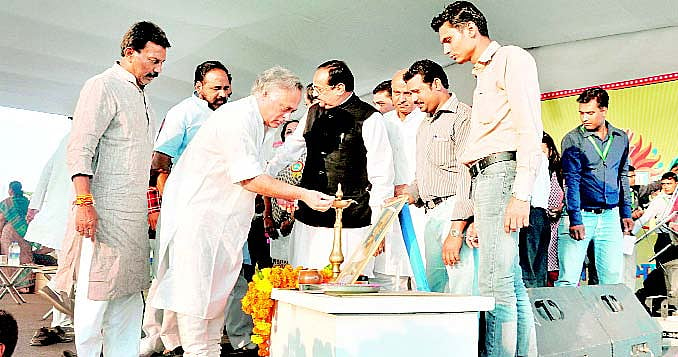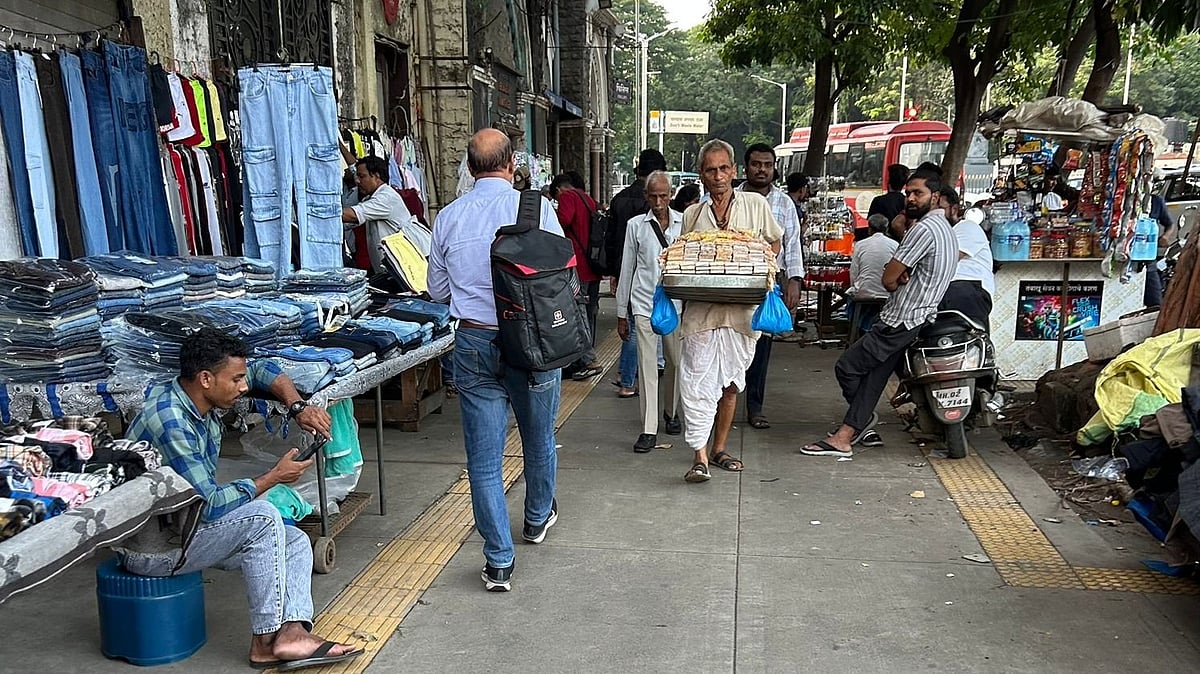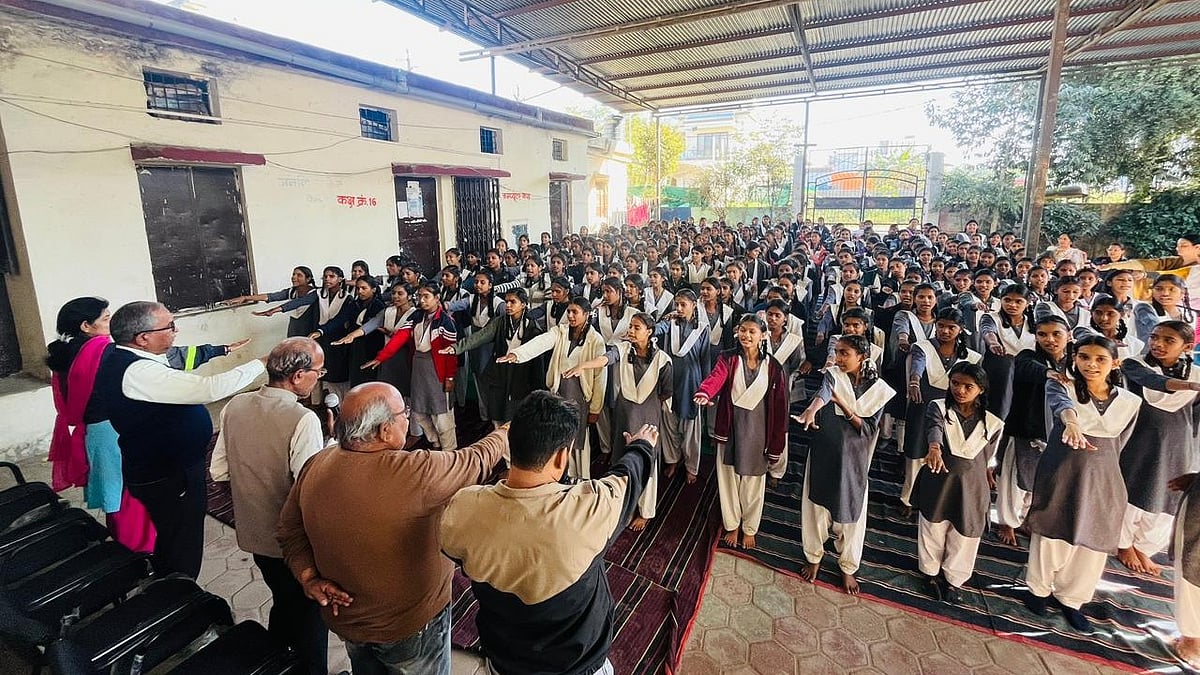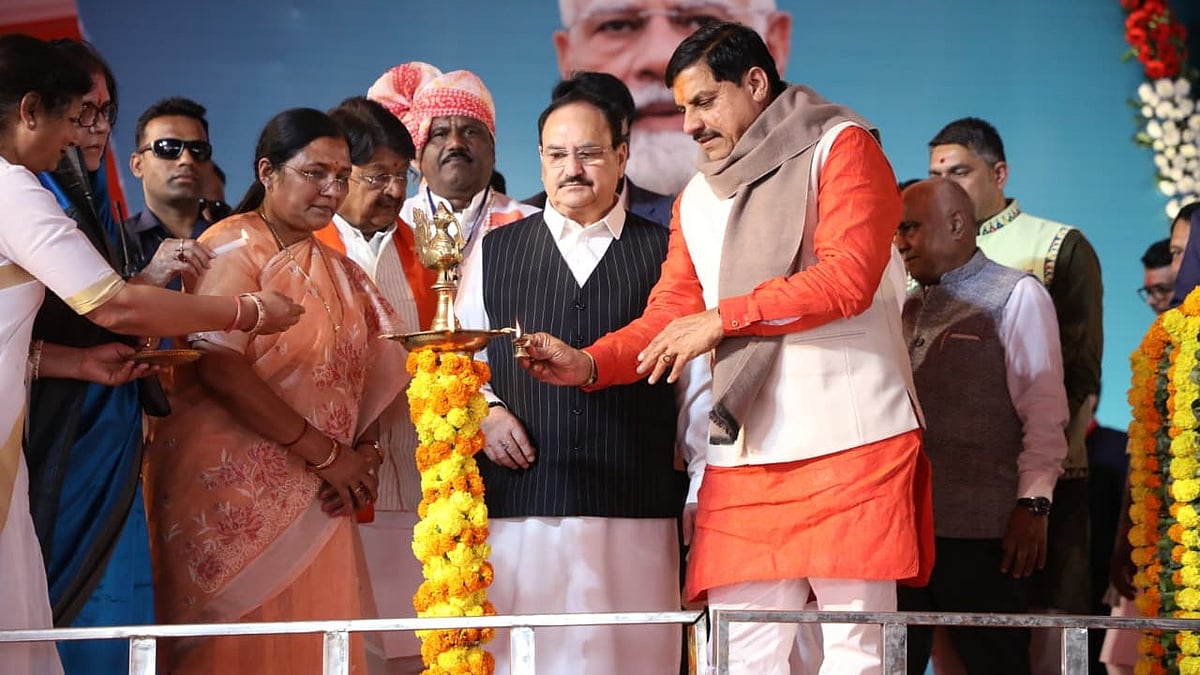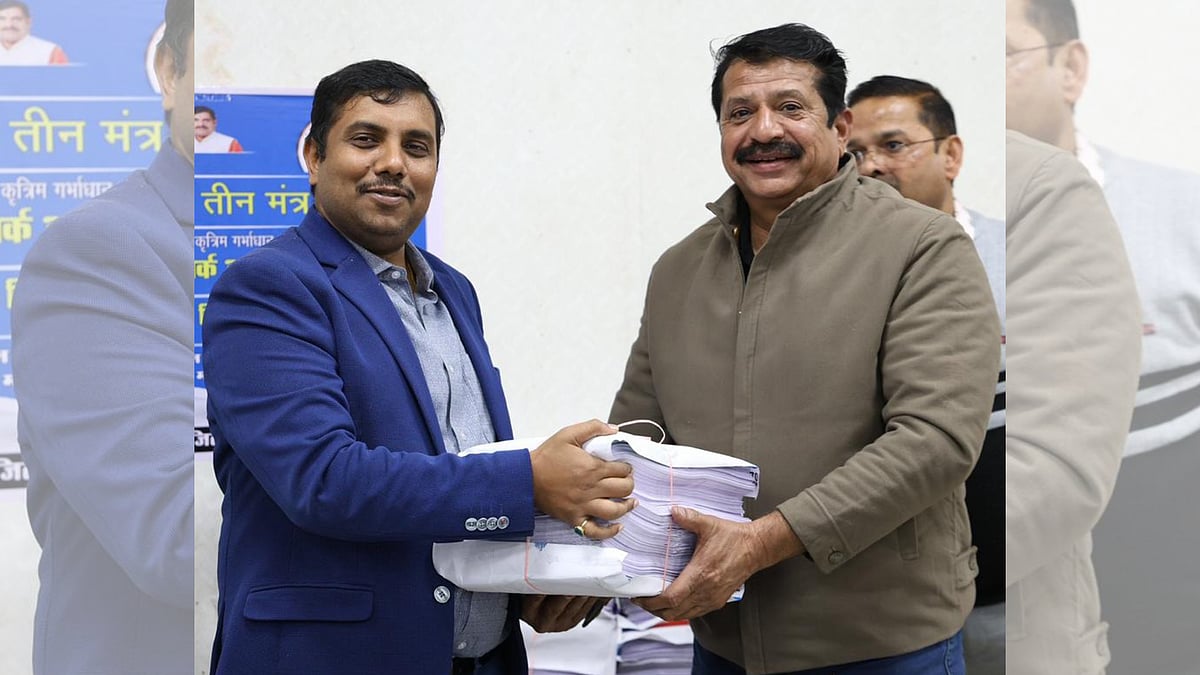Key announcements
The government has approved plans to increase its spending on construction of toilets and other sanitation amenities. Contrary to the previous expenditure of Rs 3500/toilet, the government will now allocate families to invest Rs 9900/toilet.
Homes built under the Indira Awas Yojana (IAY), construction of toilets will become mandatory for these households. Failure to do so will result in prohibition from availing of funds for this purpose.
Rs. 35000 will be invested for construction of units of school toilets. (Rs. 38,500 – if the school is situated in hilly or remote areas.)
Under the NBA scheme Gram Panchayats will be able to avail funds ranging from Rs 5 lakh to 50 lakh (depending on the size and population of the village.)
Local ASHA and Anganwadi workers to be deployed in rural areas to oversee and supervise the construction of toilets in villages.
To keep check on acts of corruption in reform initiatives, this year onwards, the centre has devised a strategy to conduct audits in 10% of the rural areas seeking benefits of the NREGA schemes.The audits will be conducted annually and the rural areas will be picked randomly.
Indore:Under the Union Government’s ‘Nirmal Bharat Abhiyaan’ (NBA), ‘Nirmal Bharat Yatra’ (NBY) was inaugurated in the city, on Sunday. The grand event was organized on the outskirts of the city to educate rural polulace about the importance of sanitation. The main aim of this mega campaign is to make India an ‘open defecationfree country’ by 2022. People from rural areas of the state including adults and children gathered at the venue on Sunday.

Union Minister for Rural Development, Drinking Water and Sanitation Jairam Ramesh attended the programme. A number of government dignitaries including State Panchayat Development Minister Gopal Bhargav were present. After lighting he traditional lamp, Thorsten Kiefer, Executive Director of WASH United (the international organization spearheading the campaign in partnership with the Union government) addressed the gathering. He said that he was very pleased with Nirmal Bharat Yatra, which commencedin a grand manner.
He also thanked the organizers as well as the people who turned up in large number for the event. In his address, he emonstrated the correct handwashing procedure on the stage. Kiefer explained that correct hand-washing was the first and most importantstep to keep diseases at bay. He asked the people to make a commitment to rectify their hand-washing habits as October 15 is celebratedas ‘World Hand- Washing Day’. Union Minister Jairam Ramesh informed the audience about various important facts of the NBA and its impact on development of the country. He began his speech by quoting Gandhi, who had said that political development of the country is sacred, however proper hygiene and sanitation development is just as sacred or more.
Thereafter the minister explained in detail about the extensive reach and impact of the NBA in the country. He also stressed that open-air sanitation practices must be stopped for good. Women were the key focus of this campaign. Officials said that women must not undermine the importance of hygiene in their lives. In fact, being a women, properhygienic amenities enables them to maintain their dignity. The Centre and State governments are working in tandem to transform India into acountry with excellent sanitation and hygiene facilities. Since early 2000s’ when this initiative first began, in Madhya Pradesh alone, out of 28,000 rural areas in the State, 2100 have been declared sanitized.’ The administration has chalked out plans to develop facilities for 7300 rural areas in the State and award the similar recognition till 2013. Ramesh said Madhya Pradesh would emerge as a fully ‘hygienic and sanitized’ State in the next 5 years or less.
Ramesh lamented that India sobriqueted as the world’s largest open-air urinal. However, with renewed efforts to promote toilet-use, sanitation and hygiene, Ramesh said, the government was confident of transforming the country’s social standing on the world map. Ramesh said with the changing times, the country’s hygienic parameters needed to be overviewed and uplifted. NBY cannot be and should not be seen as just another reformdriven campaign, but a national obsession that will lead the way for the country’s growth in the future.
Partnering with internationally- renowned agencies such as WASH and Quicksand, the Indian government was optimistic of ushering in a new-age revolution of world-class hygiene and sanitation in rural areas in the next decade.
Mass Appeal
Throngs of people from all across the state thronged to attend the grand event. Amidst tight security measures, the opening-act of the Nirmal Bharat Yatra saw more than 5000 footfalls. Various kinds of stalls were erected across the ground, imparting messages and general knowledge about correct hygienic and sanitation practices. Games of different kinds including fancydress competition, facepainting, football-games,etc. were laid out at stalls for the entertainment of children. Families were seen mingling and enjoying the facilities provided. Members from different village Panchayats were seen having animated conversations with different support-groups present, enquiring about the latest water, hygiene and sanitation techniques available. The organizers offered hands-on assistance to all visitors.
Local and Global Media
The extent of impact and outreach of the NBA and Yatra can easily be measured by the presence of national and international media persons at the event. Both electronic and print media persons covered the event, ensuing developments with full fervor, opining that the NBA will serve its purpose and uplift India’s standing on the world map.
